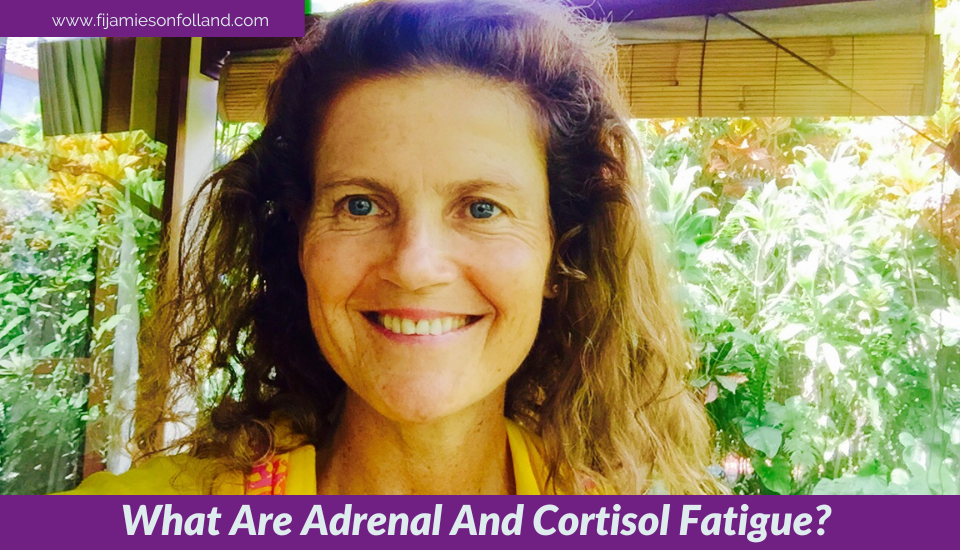These maybe standard buzz-words these days; however what do they mean and what do we need to know about them to help us with our health?
Being a fan of keeping-it-simple; here’s a basic overview for you –
Our adrenals are important hormone glands about the size of a grape, that sit on the top of each of our 2 kidneys. They make a range of hormones + neurotransmitters, including –
Adrenaline (+ noradrenaline and dopamine which regulate our fight/flight response),
Cortisol (affecting our stress response and metabolism),
Adosterone (helping to regulate our salt balance and affecting things like our blood pressure + hydration levels) and
Testosterone (affecting our sexual characteristics).
Cortisol is sometimes overlooked as the emphasis is often on adrenaline; so a few words here.
Our cortisol levels naturally increase and decrease during the day (higher in the morning as we need more energy to start our day) and lower in the evening (as we’re getting sleepy and ready for bed).
When we’re busier than usual, our body is onto it, and makes more cortisol for energy. If we keep this intensity of activity up, with no rest-time – our adrenals literally run low on stores (they fatigue).
So – depending on what’s happening in our lives; we can end up with too much, or too little cortisol – which can affect many of our body systems.
Possible signs of low cortisol –
- Salty food cravings
- Dizziness
- Dark rings under eyes
- Palpitations
- Tiredness
- Odd weight loss
Possible signs of high cortisol –
- Moody, feeling very low
- Sugar imbalances
- Fuzzy brain
- Body takes longer to heal
- Dark rings under eyes
- Thyroid not functioning so well
- High blood pressure
- Poor sleep
- Muscle weakness
- Sudden weight gain
If you’re concerned that your levels are too high or low – the best way to know is to have a blood test done and have the results explained, and guidance from a qualified professional who can understand the results.
Take away – If you’re concerned you may have a hormonal imbalance; a great place to start is to have a blood test with your qualified health professional. If you have a question you’d prefer to ask first – drop me a line (fi@fijamiesonfolland.com) or message me on FB.
Be great to hear from you.
Fi Jamieson-Folland D.O., I.N.H.C., is The LifeStyle Aligner. She’s an experienced practitioner since 1992 in Europe, Asia and New Zealand as a qualified Osteopath, Integrative Nutrition Health Coach, speaker, educator, writer, certified raw vegan gluten-free chef, and Health Brand Ambassador.

Facebook Instagram LinkedIn Pinterest YouTube


